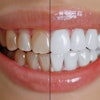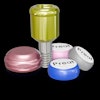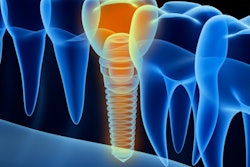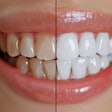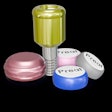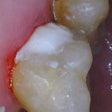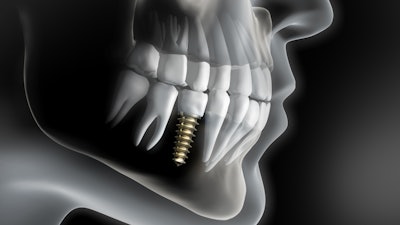
More U.S. patients worry they could experience skin hypersensitivity, including itchiness and a rash, due to an allergic reaction to nickel and other metals used in medical devices, including dental implants, according to the American Academy of Dermatology Association.
Metal, specifically nickel, is one of the most common culprits of allergic contact dermatitis, which can cause intense itching, pain, blisters, hives, and dryness. However, since immune systems react to allergens differently, suspected metal implant allergies can be challenging to diagnose and manage without close collaboration between a board-certified dermatologist and the treating clinician who placed the implant, Dr. Golara Honari, a clinical associate professor of dermatology at the Stanford School of Medicine, said in an association press release.
“Cases in which patients are inquiring about a metal allergy as it relates to their metal implants -- including joint replacements, rods, pins, screws, plates, certain neurologic and cardiac devices such as pacemakers, and dental devices -- are becoming more prevalent as medical implants become more common,” Honari said.
Currently, millions of people in the U.S. report having a metal allergy, and it is estimated that about 10% of Americans receive a medical implant during their lifetime. Therefore, thorough medical histories, including information about allergies, should be documented.
Dentists should consult with a dermatologist if an implant may be triggering a painful or problematic skin reaction. A detailed investigation should be conducted to rule out causes of inflammation, like an infection. But if an allergic reaction is suspected, a patient may first be treated with anti-inflammatories. If the reaction continues, clinicians may need to remove the implant and replace it with one made from nonmetal material.
“Often, when a metal implant is put into the body, it releases some amount of metal for a certain period of time, which can cause irritation in people who have metal allergies," Honari said. "In many cases, this release slows down, and patients are able to keep the implant.”


